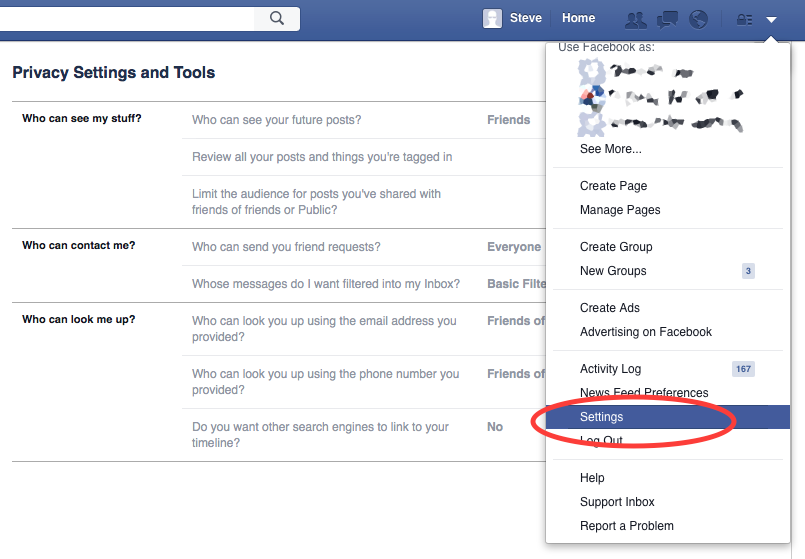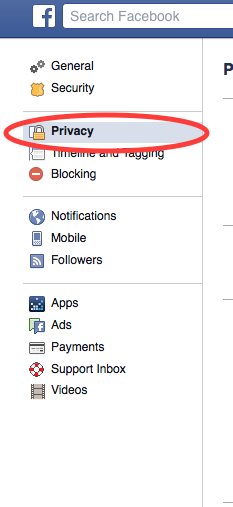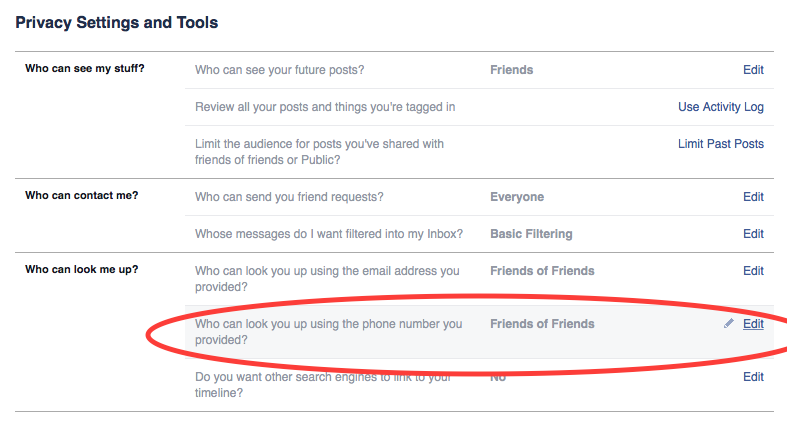.not quite as cute as it sounds
A dancing panda sounds delightful. It doesn’t sound dangerous. Maybe that has something to do with why the codename was later changed to Legion Amethyst, which personally, I think sounds far more nefarious.
According to an NBC report, Dancing Panda/Legion Amethyst were codenames for a coordinated email attack campaign by China. It was initially discovered in 2010. According to the report, it’s still going on.
The scope of the campaign is staggering.
The senior official says the private emails of “all top national security and trade officials” were targeted.
The Chinese also harvested the email address books of targeted officials, according to the document, reconstructing and then “exploiting the(ir) social networks” by sending malware to their friends and colleagues.
And if you’re wondering, yes, it coincided with the timeframe a certain presidential candidate is in hot water for over the use of a personal account being used in official government business.
.at least it’s just email, right?
No. Another gem available at the link above is a report that claims that that China has been hacking into pretty much everything. Ok, maybe not everything, but a lot. Apparently, China has engaged in hundreds of attacks across (at least) dozens of different industries. They’ve been looking to steal details around aerospace engineering, defense, autos (for hybrid car specifications), pharmaceutical companies (formulae for successful drugs), and (and this really bothers me) details around civilian and military air traffic control systems. They have apparently been targeting power and telecom.
.so what’s the worst that could happen?
I mean… why would anyone worry about this? I only know of maybe one instance where a ragtag group of ‘rebels’ found the technical design specifications of a battle station and they were able to somehow target it with a well-placed hit that caused a massive chain-reaction leading to the destruction of the battle station. But the odds of that had to be 1:1000000. Seriously, what could China possibly do with information about our aerospace, defense, manufacturing, transportation, power, and telecom?
.set attitude.sarcasm = off
Seriously though. People in the security world have known for some time that there are massive attacks originating there. Protecting against these types of attacks is near impossible as long as people are careless. And people, generally, are careless.




